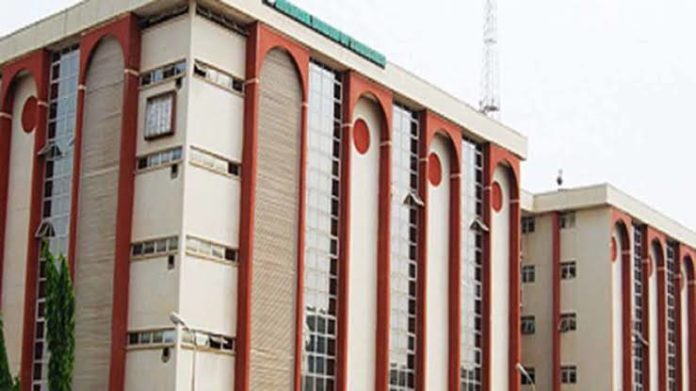Lagos maintains lead with $308.83m investments; FCT, $194.66m; Abia, $150.09m
Nigeria’s total capital importation declined by 36.45 per cent to $654.65 million in the third quarter (Q3) of 2023 compared to $1.03 billion in the preceding quarter, the National Bureau of Statistics (NBS) said in a report released yesterday.The data showed that capital importation further dropped by 43.55 per cent compared to $1.16 billion recorded in Q3 2022.
The report of the dip in foreign capital inflow was released at a time the President Bola Tinubu administration was making frantic efforts towards attracting foreign capital into the country amid the current FX shortages, which had impaired investors’ confidence.According to the ‘Nigeria Capital Importation Q3 2023’ report, which was released by the NBS, Lagos State remained the top destination for foreign capital inflows with $308.83 million, accounting for 47.18 per cent of the importation.
This was followed by Abuja (FCT) with $194.66 million (29.73 per cent) and Abia State, which attracted $150.09 million (22.93 per cent).However, the other investments accounted for the largest capital inflows of $507.77 million or 77.56 per cent of total receipts for the review period.This was followed by portfolio investment which recorded $87.11 million, representing 13.31 per cent of inflows.
On the other hand, Foreign Direct Investment (FDI) accounted for $59.77 million or 9.13 per cent of foreign capital.While Akwa Ibom and Ekiti states received insignificant amounts in terms of investments during Q3, the report showed that 31 states did not attract any foreign investments in the third quarter of 2023.
Meanwhile, the report further revealed that the production/manufacturing sector recorded the highest inflow with $279.51 million, representing 42.70 per cent of total capital imported in Q3.The financing sector accounted for $127.93 million or 19.54 per cent while shares amounted to $85.49 million, representing 13.06 per cent of total foreign capital.By source of origin, capital importation during the reference period originated largely from the Netherlands, which accounted for $175.62 million, or 26.83 per cent share of the total value of capital import.












